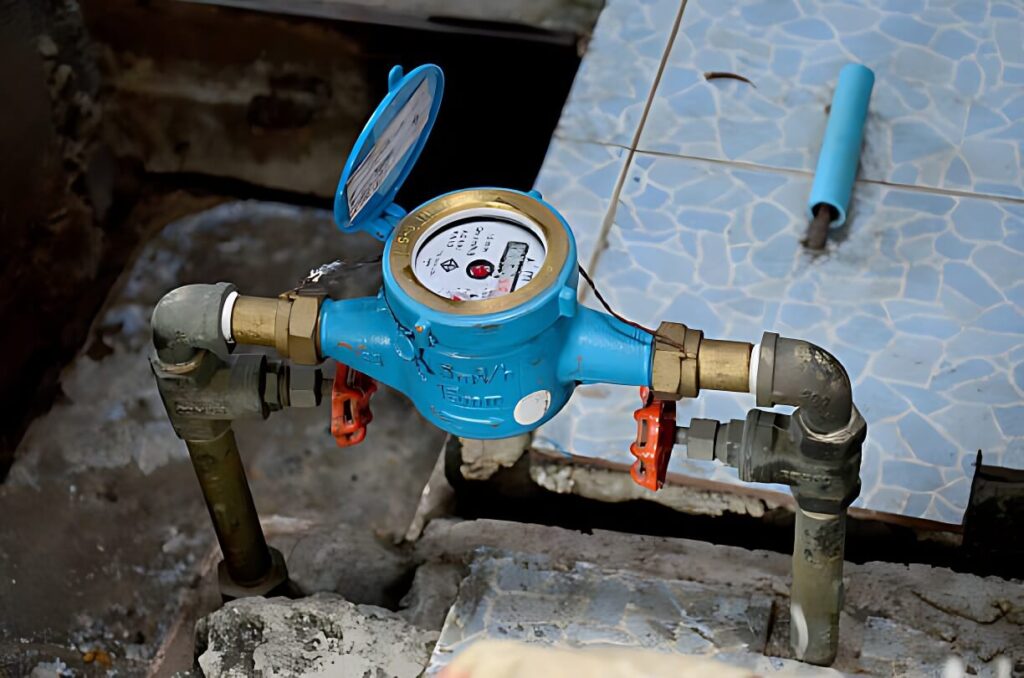In the heart of industrial operations, where precision, efficiency, and quality control are paramount, flow meters stand as silent sentinels, ensuring that processes flow smoothly, quite literally. In this article, we embark on a journey to explore the profound importance of flow meters in various industrial processes. From oil and gas to pharmaceuticals, the role of these instruments is indispensable, shaping the landscape of modern industry.
Flow Measurement: A Cornerstone of Industrial Processes
At the core of many industrial processes lies the need to measure the flow of fluids accurately. Whether it’s monitoring the flow of crude oil through pipelines, controlling water distribution networks, or ensuring the precise dosing of pharmaceutical ingredients, flow measurement is the cornerstone of these operations. It’s akin to having a compass in uncharted waters, guiding industries to their objectives with precision.
Understanding Flow Meter Technology
To appreciate the significance of Flow meter, we must first understand the technology that powers them. Flow meters come in various types, each designed to suit specific applications:
- Differential Pressure Flow Meters: These work by creating a pressure drop across an obstruction in the flow. Think of it as measuring the pressure difference between the start and end of a straw to determine how fast you’re drinking.
- Ultrasonic Flow Meters: Imagine using sound waves to measure how quickly someone is speaking. Ultrasonic flow meters use sound waves to measure fluid velocity and are non-invasive.
- Vortex Flow Meters: These meters are like counting the swirls created when you stir your coffee. They detect the frequency of vortices created by fluid flow.
- Coriolis Mass Flow Meters: Picture a swing set with two swings moving in opposite directions. Coriolis meters use the principle of measuring the phase shift in a vibrating tube to determine mass flow.
Process Control and Optimization
Accurate flow measurements are not just numbers on a screen; they are the levers of control in industrial processes. Flow meters provide real-time data that allows industries to fine-tune their operations, optimizing resource usage, reducing waste, and improving efficiency.
Consider the oil and gas industry, where the precise measurement of crude oil flow in pipelines ensures that not a drop is wasted. In manufacturing, pharmaceuticals, and food production, flow meters play a pivotal role in maintaining consistent product quality by ensuring that ingredients are dosed with precision.
Compliance and Quality Assurance
In industries where safety and regulatory compliance are paramount, flow meters are essential. They ensure that operations adhere to industry standards and government regulations. For example, in the pharmaceutical industry, flow meters are used to measure the precise amounts of ingredients, guaranteeing that medications meet the highest quality standards.
Resource Management and Sustainability
Resource management and sustainability are pressing concerns in a world with finite resources and growing environmental awareness. Flow meters play a crucial role in these domains:
- Optimizing Resource Usage: In agriculture, flow meters help manage water resources efficiently, ensuring that crops receive just the right amount of irrigation, reducing water wastage.
- Minimizing Environmental Impact: Flow meters aid in environmental protection by detecting and preventing leaks in water distribution systems and reducing harmful emissions in industrial processes.
Challenges and Solutions
While flow meters are powerful tools, they are not immune to challenges. Irregular flow patterns, changes in fluid properties, and disturbances in the piping system can pose obstacles. However, solutions exist:
- Proper Installation Practices: Following best practices during installation minimizes common issues.
- Advanced Calibration Methods: Modern flow meters often come equipped with online calibration and self-diagnostics capabilities, reducing downtime and maintenance costs.
- Regular Maintenance: Routine maintenance checks can identify and address issues early, preventing major problems.
Real-world Examples and Case Studies
The real impact of flow meters becomes evident when we examine their applications in the field. Consider the case of a water treatment plant using flow meters to monitor water flow and ensure safe drinking water for a city. The accuracy and reliability of these instruments are critical to public health and safety.
In the energy sector, flow meters are deployed to measure natural gas flow in pipelines. Any inaccuracies could lead to substantial financial losses and safety hazards. Real-world examples like these underscore the essential role of flow meters in industrial processes.
The Future of Flow Meter Technology
The world of flow meter technology is evolving rapidly. Emerging trends, such as Internet of Things (IoT) integration, data analytics, and miniaturization, are poised to revolutionize the field. Imagine flow meters communicating with centralized systems, providing real-time data analysis and predictive maintenance alerts. This is the future of flow meter innovative technology, promising even greater accuracy, efficiency, and cost savings.
Conclusion
In closing, flow meters are not just instruments; they are the guardians of precision in industrial processes. Their ability to measure flow with accuracy ensures the efficiency, quality, and sustainability of operations across diverse industries. The world of manufacturing, energy, healthcare, and environmental conservation owes much of its progress to the silent, but indispensable, contribution of flow meters. As we look to the future, we can expect these instruments to continue to shape the landscape of industry, pushing the boundaries of what is possible in the pursuit of precision and excellence.

